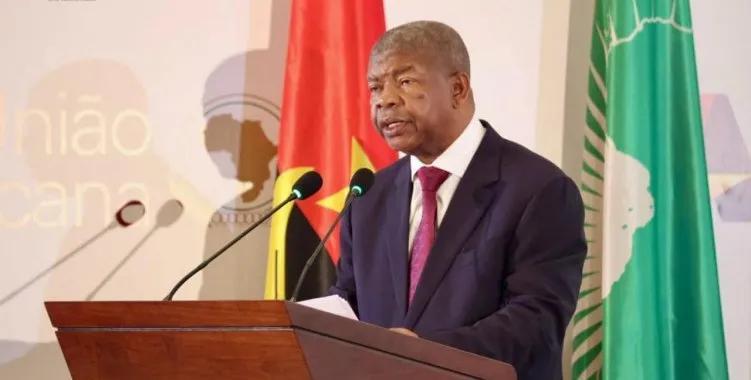Africa-Press – Kenya. The chairperson of the African Union,João Lourenço, on Tuesday praised the historic consensus on the World Health Organization’s draft Pandemic Agreement in Geneva, Switzerland, considering it a moral commitment since it is the first legal instrument of its kind conceived by the international community in the field of health.
Addressing the WHO’s 78th Annual Assembly, as the guest of honor of the Organization’s Director General, Tedros Adhanom Ghebreyesus, Lourenço said the agreement will henceforth allow for a more systematic and broader framework of cooperation, within which no country will face the next pandemic alone.
According to João Lourenço, the African continent is making a constructive contribution to this process, constantly defending an agreement based on equity, solidarity and fair access to vaccines, medicines and diagnostic means, including local, regional production, technology transfer and benefit-sharing mechanisms.
João Lourenço said the continent’s goal is to ensure that by 2035, 55% of health products and 50% of vaccines are produced in Africa.
“These advances will contribute to strengthening our health systems, with a particular impact on maternal and child health and on reducing the burden of communicable and non-communicable diseases,” Lourenço said.
The AU chairperson said the continent has invested a lot in the digital transformation of health systems, which will allow access to health services to be increased, especially in remote areas, calling for Africa to become part of the global health solution as a full partner, with its own production capacity, innovation centers and research networks.
Memorandum of Understanding
João Lourenço welcomed the signing of an updated memorandum of understanding between the African Union Commission and the World Health Organization that renews and strengthens the strategic partnership, building on the achievements of the previous agreement.
The memorandum of understanding, he said, will expand the areas of cooperation, namely maternal health, child health and nutrition, non-communicable diseases, mental health and the response to humanitarian crises and climate-related health threats.
Climate change
The AU chairperson recalled that the climate crisis is changing the health profile of Africa, with the continent facing an increase in the burden of diseases such as cholera, malaria and other diseases as well as food insecurity due to floods and drought.
In order to deal with this situation, he said there is a strong commitment on the part of African countries to implement actions within the framework of the World Health Organization’s Directive on One Health, in which it is essential to address issues relating to the interconnection between human, animal and environmental health, as well as the problems arising from climate change.
João Lourenço pointed out the urgent need for the climate financing of the Global Agenda on Climate Change to explicitly support the resilience of health systems.
The President of the African Union said the organization is fully committed to a pan-African vision that promotes integration for sustainable growth and prosperity with an impact on the quality of life of its peoples and remains firm and committed to this regional and global effort.
About the Pandemic Agreement
Early on Tuesday in Geneva, the World Health Organization unanimously adopted the Agreement on Pandemic Prevention, Preparedness and Response aimed at protecting humanity against future health crises similar to Covid-19.
The document was adopted on the second day of the 78th World Health Assembly, with the participation of delegates from the WHO’s 194 member states, including Angola.
It follows a long process of negotiations conducted over three years by the Intergovernmental Negotiating Body created in December 2021, at the height of the Covid-19 pandemic.
The aim is to create a binding international treaty that can help the world deal with future health emergencies, based on the lessons learned from the Covid-19 pandemic.
Faced with the inevitability of a new health crisis, the new legal instrument advocates guaranteeing universal and equal access to vaccines, medicines and diagnostics.
According to WHO Director-General Tedros Adhanom Ghebreyesus, this is a “truly historic” moment, as it represents the adoption of the “first global pact to better protect people against pandemics”.
The main objective of the treaty is to strengthen the world’s resilience to future pandemics, through better warning systems, data sharing, research, production and distribution of vaccines, medicines, diagnostics and personal protective equipment.
For More News And Analysis About Kenya Follow Africa-Press






